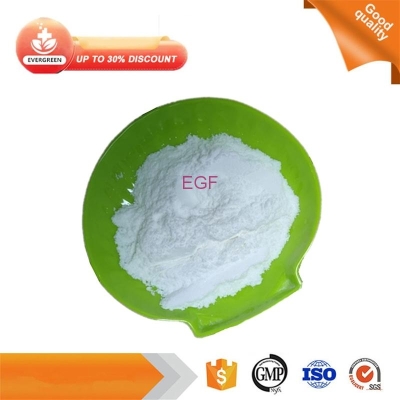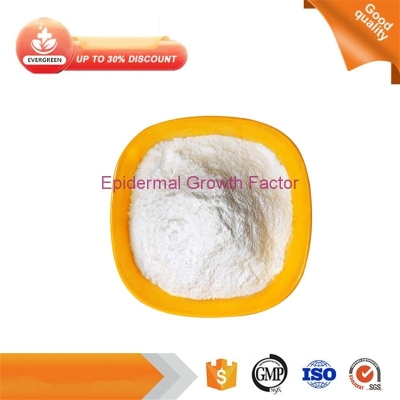-
Categories
-
Pharmaceutical Intermediates
-
Active Pharmaceutical Ingredients
-
Food Additives
- Industrial Coatings
- Agrochemicals
- Dyes and Pigments
- Surfactant
- Flavors and Fragrances
- Chemical Reagents
- Catalyst and Auxiliary
- Natural Products
- Inorganic Chemistry
-
Organic Chemistry
-
Biochemical Engineering
- Analytical Chemistry
- Cosmetic Ingredient
-
Pharmaceutical Intermediates
Promotion
ECHEMI Mall
Wholesale
Weekly Price
Exhibition
News
-
Trade Service
As one of the most common causes of cancer-related death worldwide, chemotherapy (CRT) is used simultaneously using a standard treatment strategy currently considered for patients with local advanced esophageal squamous cell carcinoma (ESCC).
in RTOG 8501 clinical trials, 5-fluorouracine combined with cisplatin radiotherapy therapy significantly improved the patient's 5-year total survival rate compared to radiotherapy alone.
, however, the long-term outcomes of patients remain frustrating, with a local recurrence rate of more than 50%.
, there is an urgent need to further improve treatment strategies and find more effective drugs to improve the prognostics of these patients.
the study aimed to evaluate the long-term results of two hypothetical Phase III clinical studies: in ESCC patients, (1) selective lymph node irradiation (ENI) was better than conventional radiation field exposure (CFI);(2) and localized chemotherapy combined with erlotinib was better than that of individual topical chemotherapy.
study flowchart researchers randomly assigned patients with local late-stage ESCC to four treatment groups: Group A: ENI radiotherapy combined with two cycles of TP (yew alcohol and cisplatin) combined with erotinib therapy; Group B: ENI radiotherapy combined with two cycles of TP chemotherapy; Group C: CFI radiotherapy combined with two cycles of TP treatment; and Group D: CFI radiotherapy combined with two cycles of TP chemotherapy.
the effect of expression of EGFR (skin growth factor subject) on the efficacy of erlotinib combined chemotherapy.
Kaplan-Meier Survival Analysis study, which included four treatment groups, raised 352 patients (88 patients per treatment group).
results showed that the five-year survival rates of the A, B, C and D groups were 44.9%, 34.8%, 33.8% and 19.6%, respectively.
compared to standard CFIs, ENI significantly improves the total survival time (OS) of patients (medium time is 38.5 to 22.6 months).
therapy of erotinie also significantly improved OS in patients (medium time 39.4 to 27.4 months).
further studies showed that erlotinib combined therapy had better OS and progression-free survival (PFS) in patients with EGFR over-expression than in control group patients.
the effects of EGFR expression on patient survival, the results showed that selective lymph node exposure and/or erlotinib combination chemotherapy improved long-term survival in patients with local late-stage esophageal squamous cell carcinoma.
.






